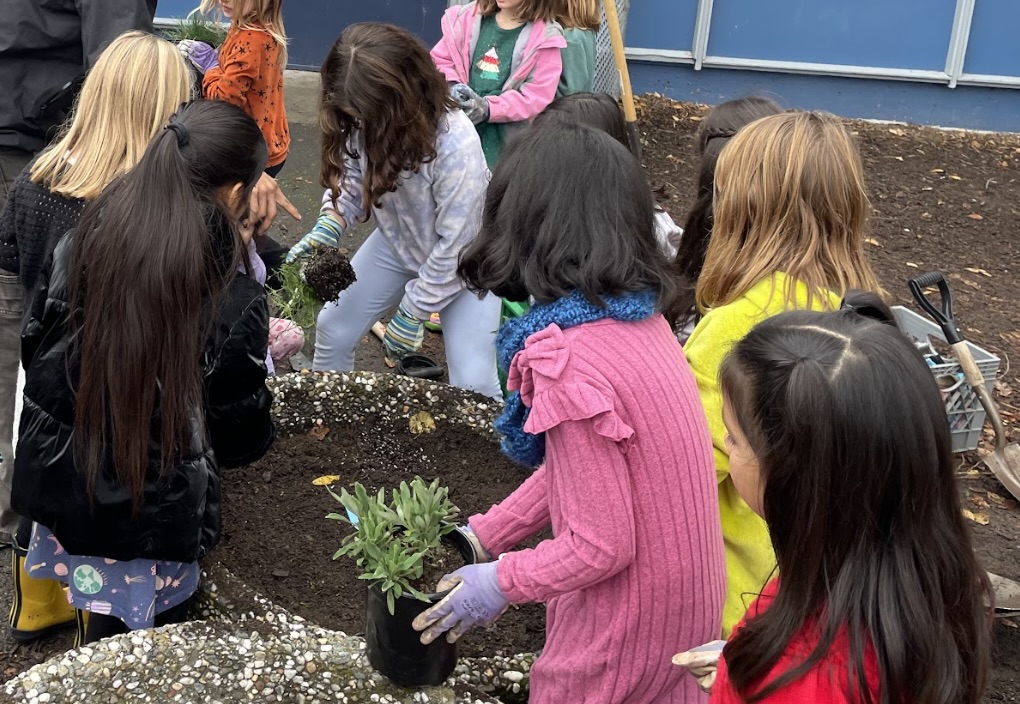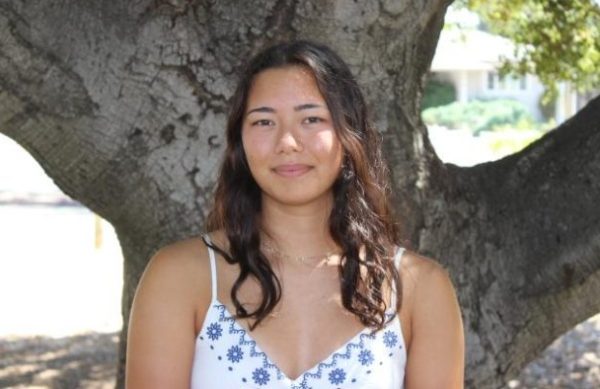26 male African elephants collectively weigh over 300,000 pounds. That’s about how many pounds of organic waste Novato Unified School District (NUSD) schools have diverted from the landfill since 2022, thanks to Sustainable Marin Schools (SMS).
SMS is an organization that works with schools within NUSD to empower youth to care about the planet and help lower NUSD’s carbon footprint. By creating individuals who are conscious about their impact on Earth, founder Lisa Clarke hopes to raise a generation suited to face the ongoing climate crisis.
“[They] need to know how to advocate for a sustainable planet, and they need to be trained for careers that are going to prepare them for the green economy,” Clarke said.
All eight of NUSD’s elementary schools have been partnering with SMS to instill greener habits in Novato youth through activities such as gardening and composting. Clarke tailors activities to specific age groups, from creating natural fairy houses out of twigs and rocks for kindergarteners to training Green Teams that monitor waste sorting in older grades.
While SMS also works with San Jose Middle School and Novato High School, Clarke notices less success with older students due to a lack of engagement in environmentally related activities.
“I know high school students are also very concerned about climate change,” Clarke said. “We just need to work harder to figure out how to get in there and make that change.”
Clarke finds that the younger students are not only more motivated to take part in eco-friendly initiatives, but are also more inherently drawn to nature as a characteristic and quality.
“Kids love being outside. They love being in nature. They love playing in a creek or getting their hands dirty,” Clarke said. “I think it’s very natural for kids to love that and we just need to give them opportunities to experience it, even at our schools, making our campuses more green and offering more opportunities to interact with nature.”
SMS builds sustainable habits to establish a love for the planet into their behavior, in hopes that participation may carry over from elementary school to high school, and eventually into adulthood.
“Those incredible memories that we create in childhood, those are the things that stick with us,” Clarke said. “That’s why I think it’s so important that kids learn to love the planet at a young age.”







































